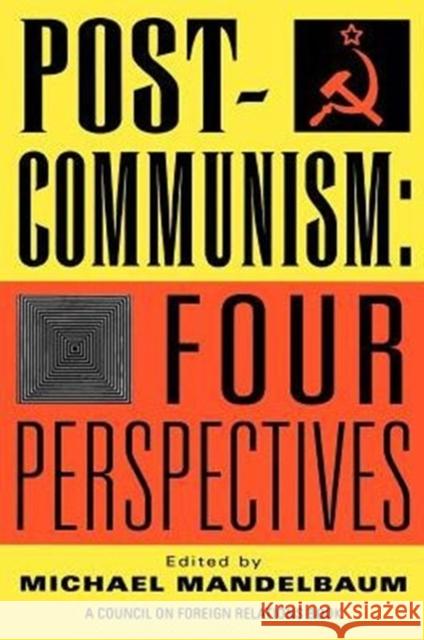Post-communism: Four Perspectives » książka
Post-communism: Four Perspectives
ISBN-13: 9780876091869 / Angielski / Miękka / 1996 / 216 str.
How have the 27 countries that emerged from communist rule between 1989 and 1992 fared since then? This book offers distinctive perspectives, by four leading students of politics, on the single most important social, political, and economic development of the last decade of the twentieth century. Stephen Holmes, of the University of Chicago, emphasizes the importance of state-building. He interprets the pathologies of post-communism as being rooted in the weakness of governments across post-communist Eurasia. Lord Skidelsky, of Great Britain's Social Market Foundation, sees the collapse of communism and its aftermath as part of the worldwide struggle to reduce the size of the state. John Mueller, of the University of Rochester, writes that the post-communist transition to capitalism and democracy, as these terms are properly understood, is already complete. Charles Gati, of the Johns Hopkins School of Advanced International Studies, argues the contrary: not only is democracy not firmly established in most of the countries from Berlin to Vladivostok, but its prospects in many of them are poor. In his introduction, Michael Mandelbaum offers a comparative assessment of the different countries that make up the world of post-communism.











